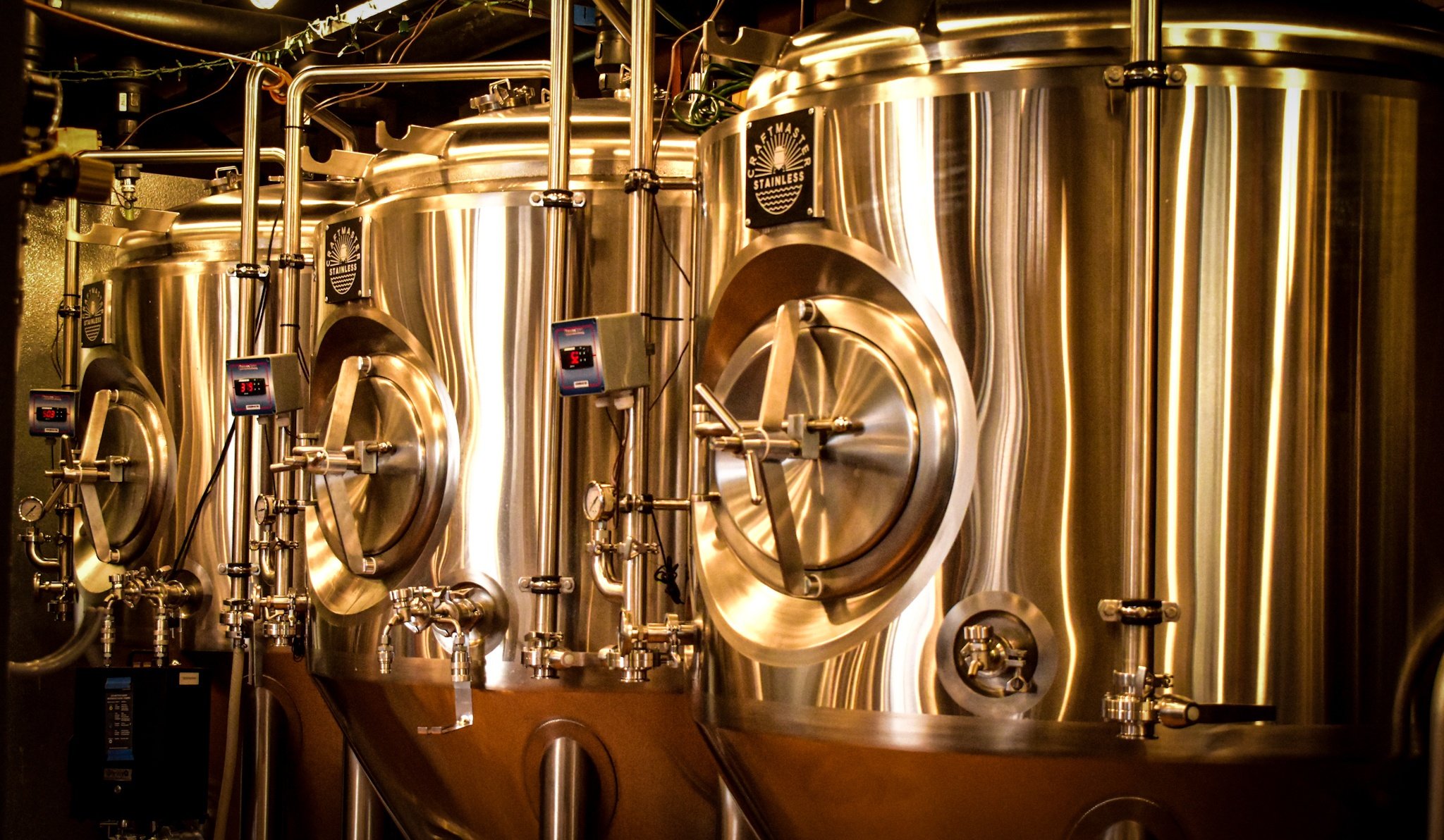What Factors Influence Beer Fermentation Rate?
Brewing good beer is a delicate science that requires a lot of knowledge and skill to ensure you get it right. Many brewers will work tirelessly, tweaking tiny aspects of their brewing process in the hopes that they can perfect their final brew. Specifically, the fermentation process is where brewers don’t have a lot of hands-on control; you must be okay with letting the yeast do its own thing. You’re not entirely powerless during this process. We’ll go over what factors influence beer fermentation rate so you can find problem areas and fix them accordingly.
Brewing Water Minerals
As one of the main ingredients of beer, your water is essential to the final product’s quality. It’s not just a matter of using clean water, though that is important. Water lacking the right minerals and elements won’t lend itself to proper fermentation. Your yeast needs those trace elements in the water to reproduce at the correct rate. While it’s important to treat the water you use for fermenting, you don’t want to sterilize it entirely, or your yeast will have issues.
Yeast Quality
Speaking of yeast, of all the factors that influence beer fermentation rates, your yeast is one of the largest. Whether it’s from a yeast starter or you are repatching your yeast from a previous fermentation process, you need to choose carefully. The stronger you want your beer after fermentation, the more yeast you need to use. The ability of your yeast to quickly reproduce will ultimately decide the final rate at which fermentation takes place.
Wort Nutrients
Your wort needs two things if you want it to support a functional fermentation process. This first is the right amount of oxygen you’ll supply to the wort through aeration. The second is the amino acid nutrient level of your wort. These nutrients help the yeast to adapt correctly as the brew ferments. A grain like barley will usually have the right amount of nutrients for this purpose, but if you’re using something like rice or corn, you may need to add in a yeast nutrient supplement to be sure the yeast will have enough to survive.
Temperature
No matter what strain it is, your yeast takes a lot of its cues from the temperature around it. If the yeast you’re using gets too cold, it can return to dormancy, and you won’t get anything out of them. However, getting your yeast too warm can also be an issue as this can make the yeast too active and produce unwanted compounds such as fusel alcohols. These usually ruin the taste that you’re going for, so careful temperature control is a must.
A stainless steel unitank from Craftmaster Stainless can help ensure your fermentation goes off without a hitch. Keep an eye on these factors as you brew, and you shouldn’t have any fermentation issues.

